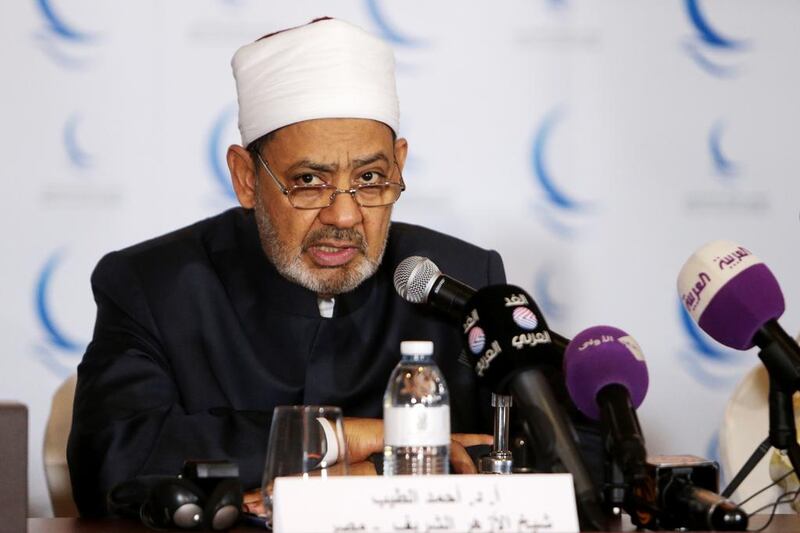With the Quran being subject to wildly varying interpretations by extremist and fundamentalist groups seeking religious legitimacy for their actions, there could hardly be a better time for the Muslim Council of Elders to begin work. Comprised of 14 Islamic scholars from across the Muslim world, the panel will act as a counterweight to some of the toxic rhetoric being promulgated.
However, the formation of the council, while an important step forward, is in itself insufficient. The danger is that this could just become a group of elders talking among themselves, disconnected from the centre of gravity of the Islamic world. With 60 per cent of the 1.6 billion Muslims in their twenties or younger, the council must engage with this demographic if it is to be successful.
Some young Muslims are susceptible to radical interpretations because of a combination of being less familiar with the Quran than their elders, the absence of a governing body authorised to arbitrate on disputed interpretations of the Quran, and the fact that some groups are deliberately fanning sectarian divisions for their own benefit. Engaging with this demographic will require adopting their modes of communication, such as using social media as a primary communication tool.
Reaching out to young Muslims was a specific recommendation raised at the Forum for Promoting Peace in Muslim Societies, held in Abu Dhabi in March in response to a surge of violence in Islamic countries. The conference's main recommendation was the formation of the Muslim Council of Elders to counterbalance the radical interpretations of Islam that were being spread.
As the forum was told, some groups have fostered sectarianism by pitting different Muslim groups against each other. One result was the misperception by followers of other faiths that Islam was a religion of terrorism instead of the reality of being a religion of tolerance, mercy and justice.
As Egyptian Grand Imam and council member Sheikh Dr Ahmed Al Tayeb observed, violent and divisive interpretations of the Quran are at odds with the long history of Islam.
The council’s gravitas, with expertise ranging from the US to Indonesia and including a woman among their number, will be able to show instead Islam as it really is: a religion of peace, tolerance and coexistence.





